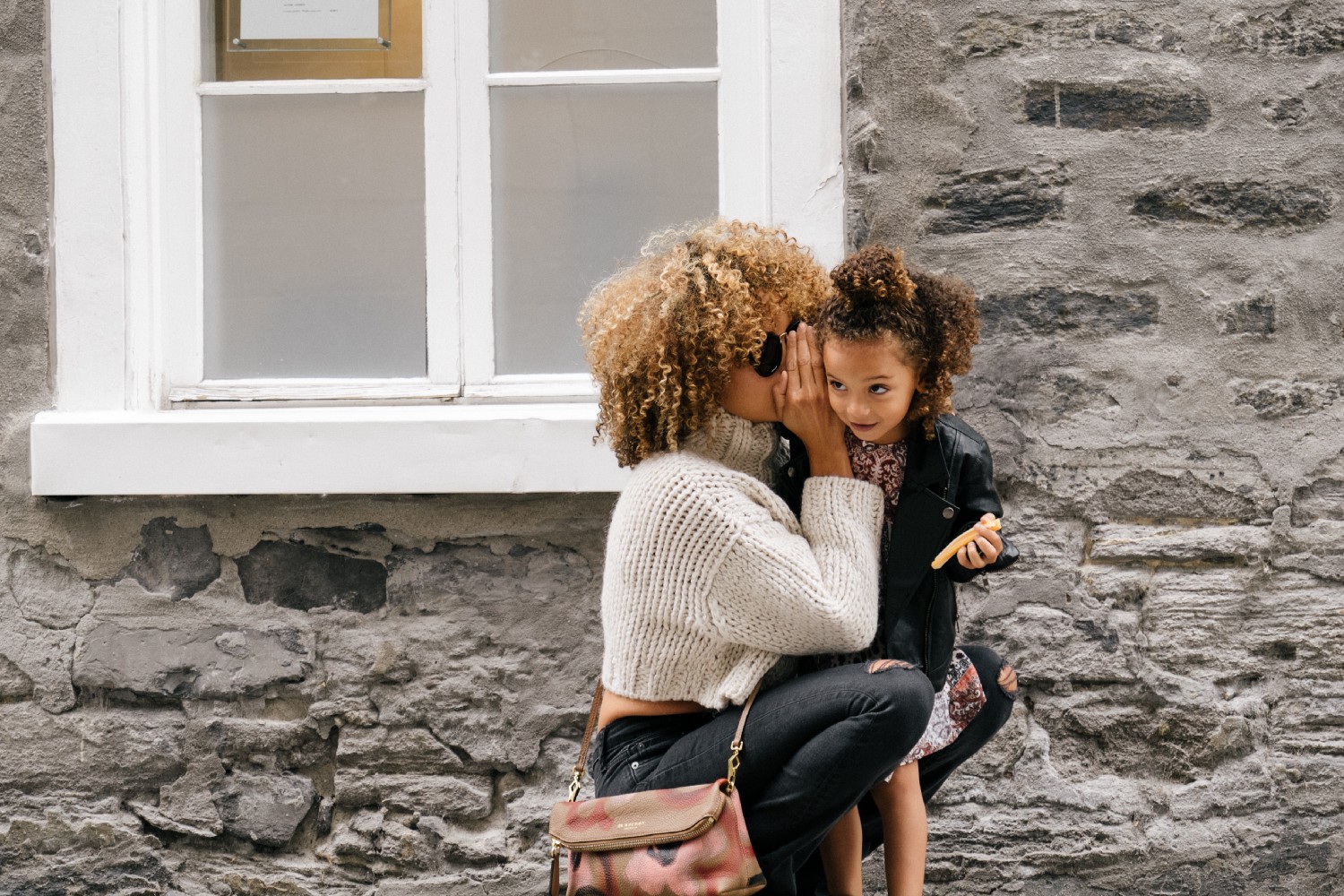New research shows the benefits of built-in social support.
If you want a longer life, consider creating one. They’ll help you out later.
This is the takeaway from a new nationwide study of Sweden in the Journal of Epidemiology and Community Health. Researchers tracked the lifespans of 1.5 million Swedes born between 1911 and 1925 and their children.
The people with kids outlived the childfree, especially later in life: At age 60, the gain in life expectancy was 1.5 years for women and 2 years for men, and the differences grew more pronounced from there.
Close relationships, psychologists are finding, have a profound effect on people. When we talk about how kids, partners, and friends offer social support, we’re speaking to how close bonds literally help regulate hormone levels and physiological arousal, helping to bring the body back into a healthy balance.
Like Jenny Anderson notes at Quartz, this study can’t conclusively say that having kids caused these Swedes to live longer; it’s an association. But the researchers, lead by Karin Modig at Karolinska Institutet in Stockholm, offer that it’s the best explanation, backed up the finding that people with kids who had been divorced still had greater lifespans than those without kids, with greater benefits for men. The finding echoes earlier research around how parents have better heart health than their child-free peers, and the folk wisdom that if you take care of kids when they’re young, they’ll look out for you when you’re old.
Technically, your brain’s efforts to keep your body’s systems in balance is called allostasis, and getting it screwed up by stress and lack of sleep makes you more vulnerable to disease. But thankfully, you don’t have to just rely on your brain and body for that stabilization — at a physiological level, that’s what friends (and parents and partners and adult children) are for.
Originally published at journal.thriveglobal.com


